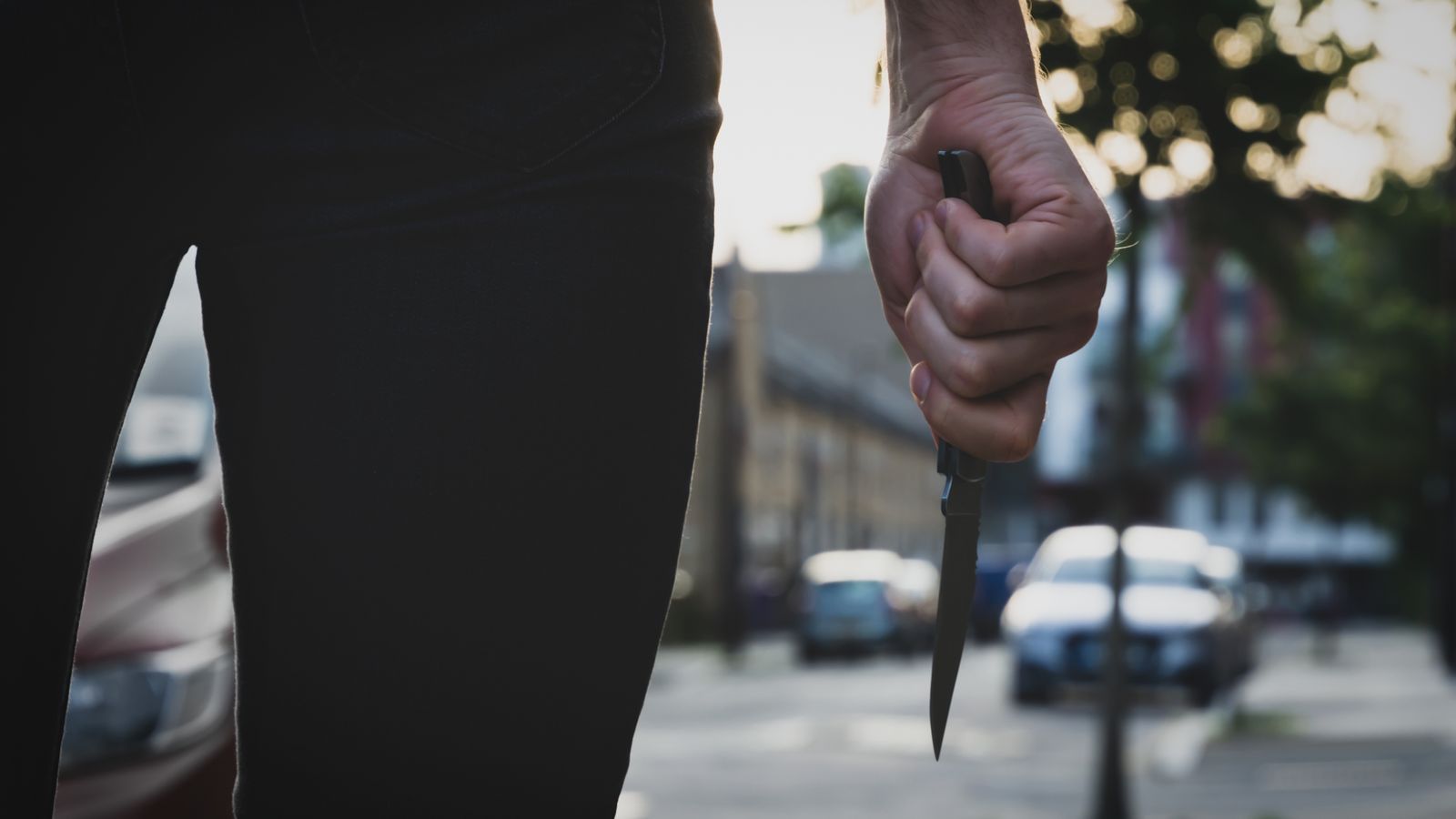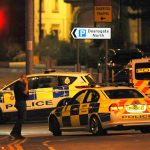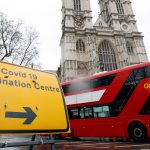The capital is “on track” to face the worst year of teenage killings in more than a decade, the Metropolitan Police has warned.
Knife and gun crime could lead to the highest number of homicides among young people since 2008, when 28 youths were killed, if youth violence continues at the current rate, the force said.
So far this year, 17 teenagers have been killed in London – despite serious violent offences falling by 22% and a drop in the overall murder rate.
Suspects have been charged in 13 of the 17 investigations in the capital – which saw 15 killed with a knife.
More than two-thirds of the victims were black, the Met Police said.
Figures show that 12 young people were killed by May this year – compared to 14 in total in 2020.
This month, three teenagers have died as a result of gun and knife violence in just one week.
Taylor Cox, 19, was shot in the head in Islington on June 8.
Two days later Denardo Samuels-Brooks, 17, was chased and stabbed to death in Streatham and Jalan Woods-Bell, 15, was knifed on his way to school in Hayes last Friday.
In response, the Met plans to boost officers on the streets as well as patrols of outdoor areas, parks, bars and clubs this summer.
“Surge activity” will take place in areas “known for serious violence and gang activity”, the force said.
A robbery operation will also target suspects committing crimes using e-scooters and mopeds.
Mum Yvonne Lawson, who lost her son, Godwin, 17, to knife crime in 2010, said: “It has been 11 years since I sadly lost Godwin.
“Eleven years on, mothers are still losing their babies to knife crime in our capital. We should never get desensitised or complacent to youth violence.
“My dream 11 years ago was to prevent another mother from reliving my pain.”
Pastor Lorraine Jones, whose son Dwayne Simpson, 20, was stabbed in Brixton last year, insisted the problem must be dealt with as a “matter of urgency”.
She said: “As a mother who has lost her son through the senseless killings caused by youth violence, I plead with all communities, families, local authorities, social services, schools and faith groups to step up and engage more with our troubled youth before it results in violence.”
The force has earmarked “huge resources” in a bid to do “everything within our power to minimise violence”, said commander Alex Murray, lead for violence.
He is urging people to speak out – as the Met conceded how, while “some may not trust the police”, the force is working to “build relationships”.
Commander Murray said: “Detectives investigating serious violence often meet silence from people we know have information that could help prevent violence.
“We have seen it recently in the tragic shooting of Sasha Johnson that took place last month.”
“But we simply cannot do this alone: everyone has a role to play.”






















